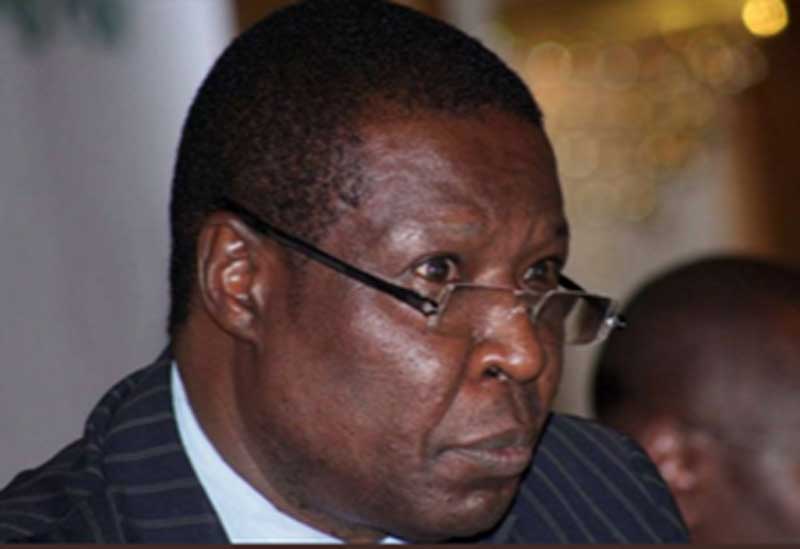×
The Standard e-Paper
Home To Bold Columnists

The National Intelligence Service (NIS) Director of counter terrorism coordination Alexander Muteshi has been appointed the Director of immigration services.
Muteshi takes over from Maj Gen (Rtd) Gordon Kihalangwa who was promoted and named the Principal Secretary for immigration and registration of persons.